Join Jewish Currents and the New Israel Fund (NIF) New Generations for a Passover conversation about a too-often forgotten piece of Israeli history. The Israeli Black Panthers movement was founded in 1971 in the Musrara neighborhood in Jerusalem by mostly Moroccan immigrant activists who drew inspiration from the American Black Power movement as they protested for social and economic justice and spoke out against anti-mizrahi racism. One of the first things they did back in 1971 was to write their story as a Haggadah and distribute it to families in the neighborhood. After the HQ of the movement was burned down, the Haggadah was lost for over 40 years, until through a series of events, it came back into the hands of Reuven Abergel, one of the original Panthers.
Currently in the works, Jewish Currents Press and NIF will soon release a special 50th anniversary edition of the Israeli Black Panthers Protest Haggadah, with English translation. Listen to this conversation moderated by Jewish Currents Editor-in-Chief Arielle Angel with the key organizers behind the project to bring this Haggadah back to life 50 years after the Panthers’ founding: Sapir Sluzker Amran, Libby Lenkinski, Itamar Haritan, and Neta Hamami Tabib. The panel explored the history of this social movement and share a first glimpse at this remarkable Passover Haggadah created by the Israeli Black Panthers just after their founding in 1971.
This event was co-sponsored by Jews For Racial & Economic Justice, Kavod Boston’s Jews of Color, Indigenous, Sephardi, and Mizrahi Caucus, and T’ruah: The Rabbinic Call for Human Rights.
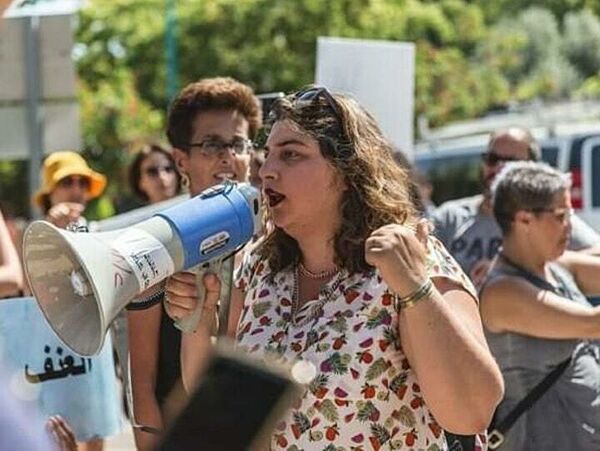
Sapir Sluzker Amran is a radical human rights lawyer, social and political activist, poverty campaigner and community organizer. Sluzker Amran is the founder of “Ezrachion: The Activism Archive for Social Movements in Israel” and co-founder and CEO of “Breaking Walls,” a new intersectional, feminist and grassroots movement. Sluzker Amran is also a Religion and Public Life Fellow at Harvard University. She is a fervent advocate for underprivileged groups and the eradication of poverty, and she leads numerous grassroots struggles to promote these causes. In 2020 she was selected as one of the 50 most influential women in Israel by Forbes Magazine and in 2021 as “Woman of the Year” by the “Keshet12” Israeli media channel.
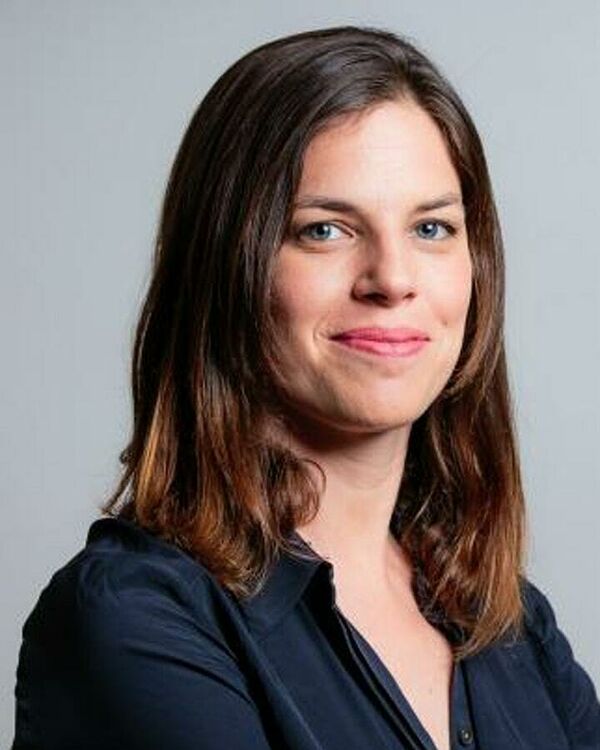
Libby Lenkinski is the Vice President for Public Engagement at the New Israel Fund, where she leads all aspects of NIF’s public efforts in the United States – including communications, digital, programs, events, leadership, community partnerships and engagement, New Generations and our fellowships. Prior to joining NIF, Libby lived and worked in the Israeli non-profit field for almost a decade. There she worked as Director of International Relations at the Association for Civil Rights in Israel (ACRI) and as a strategy consultant for human rights organizations like Yesh Din and Physicians for Human Rights, for documentary films including Budrus and The Law in These Parts, new media initiatives like +972 Magazine, and for progressive campaigns. She is a founding member of Zazim-Community Action and The Whistle. Currently, Libby serves on the board of Comet-ME, Hashomer Hatzair North America and is a NY co-chair for the Reboot Network. Libby is based in Brooklyn and travels to Israel-Palestine frequently.
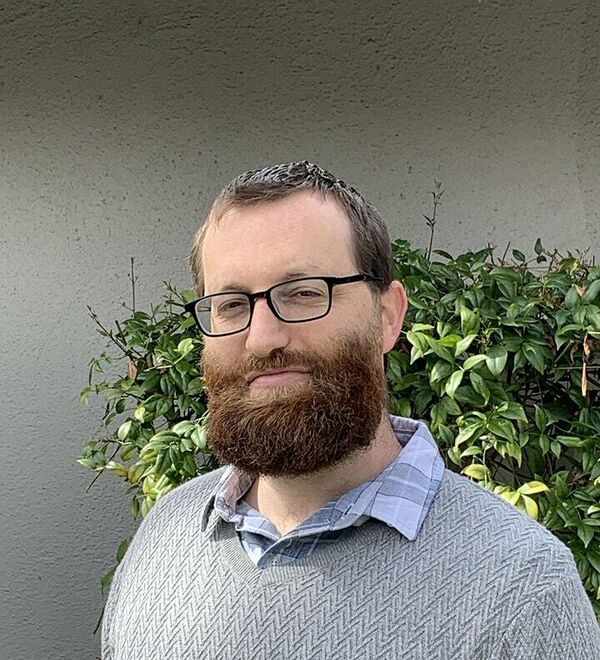
Itamar Haritan is an Anthropology PhD Candidate at Cornell University. He received his BA in Anthropology from the University of California, Berkeley, and his MA in Anthropology and Sociology from Tel Aviv University. He is interested in Ashkenazi Jewish identity in Israel/Palestine, specifically the ways that the “negation of the diaspora” is enacted and challenged in contemporary practices of remembrance, forgetting and self-making. His MA project focuses on encounters between Israeli youth and Holocaust survivors in Israel’s memorial landscape. Haritan has been a freelance translator and editor for the last ten years, and has recently translated Beyond the Nation-State: The Zionist Political Imagination From Pinsker to Ben-Gurion by the historian Dimitry Shumsky. He has been collaborating with Reuven Abergel on writing and other political projects since 2010.
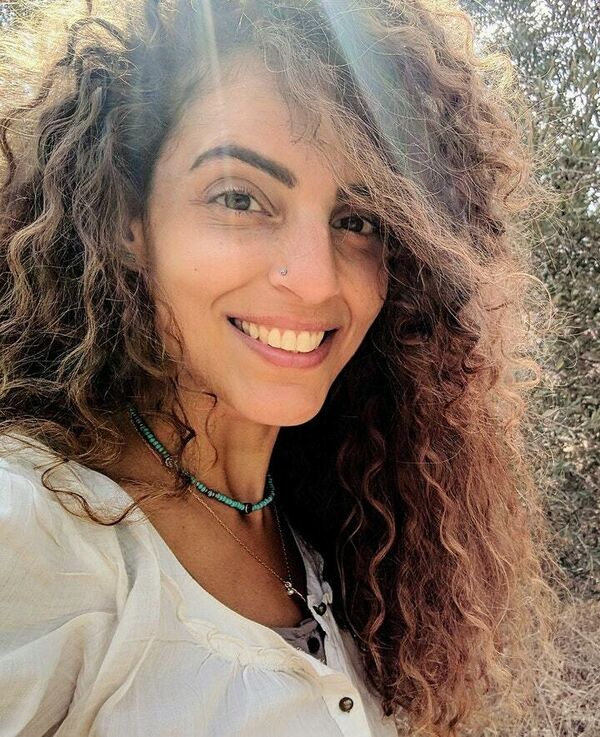
Neta Hamami Tabib is an activist, educator, and group facilitator of youth and adult groups dealing with issues of identity and social justice. She is T’ruah’s Israel Program Manager. As a Mizrachi woman, Neta teaches and lectures about traditional and social Judaism and has been a teacher of Torah and social justice at Bina since 2014. Neta has been involved in a variety of Israeli social issues, including feminist movements, campaigns against police violence, and—as a vegan—animal rights. She’s also a co-founder of “gonutss – the Vegan Translator platform.” Neta is a freelance Arabic teacher and holds a BA from the Open University in humanities and social sciences, with a focus on the Middle East and Africa.
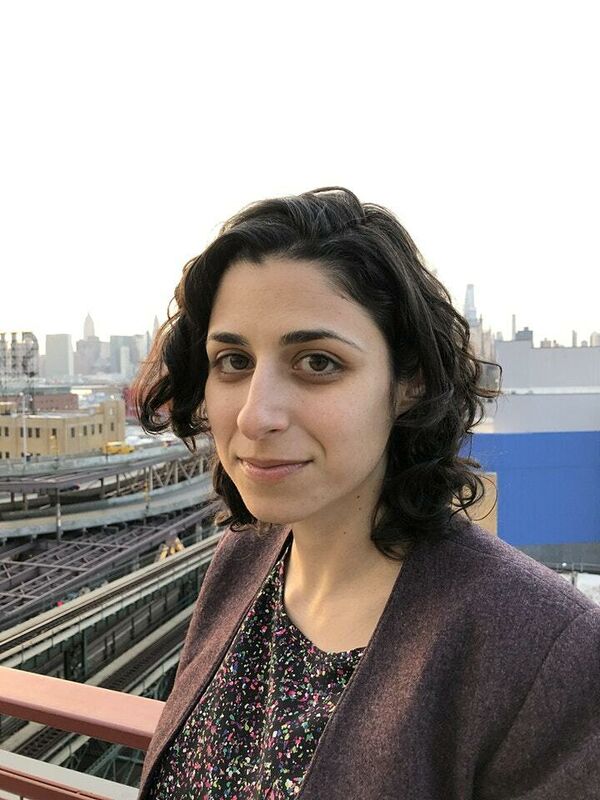
Arielle Angel is the editor-in-chief of Jewish Currents.

Cosponsor: Jews for Racial & Economic Justice is the home for Jewish New Yorkers to organize with our neighbors and allies to transform New York from a playground for the wealthy few into a real democracy for all of us, free from all forms of racist violence.

Cosponsor: Kavod’s Jews of Color, Indigenous, Sephardi and Mizrahi Caucus has formally existed since February 2018. Our community is open to anyone who holds any of these identities. We meet once a month and the content of our meetings varies- some of our gatherings are social, some for the purpose of learning together, and others, to take action. We strive to create a sense of connection and community between members whenever we gather.

Cosponsor: T’ruah brings a rabbinic voice and the power of the Jewish community to protecting and advancing human rights in North America, Israel, and the occupied Palestinian territories. We do this by training and mobilizing our network of 2,000 rabbis and cantors, together with their communities, to bring our Jewish values to life through strategic and meaningful action.
